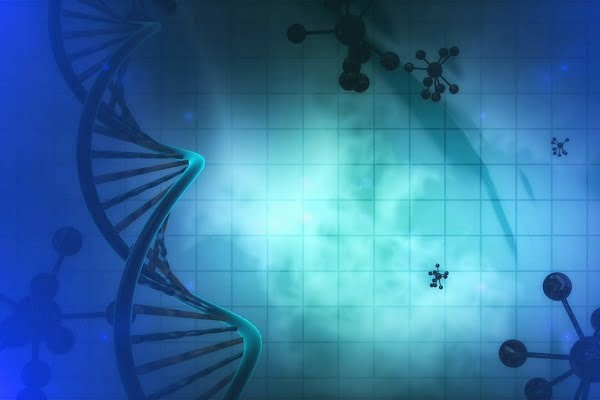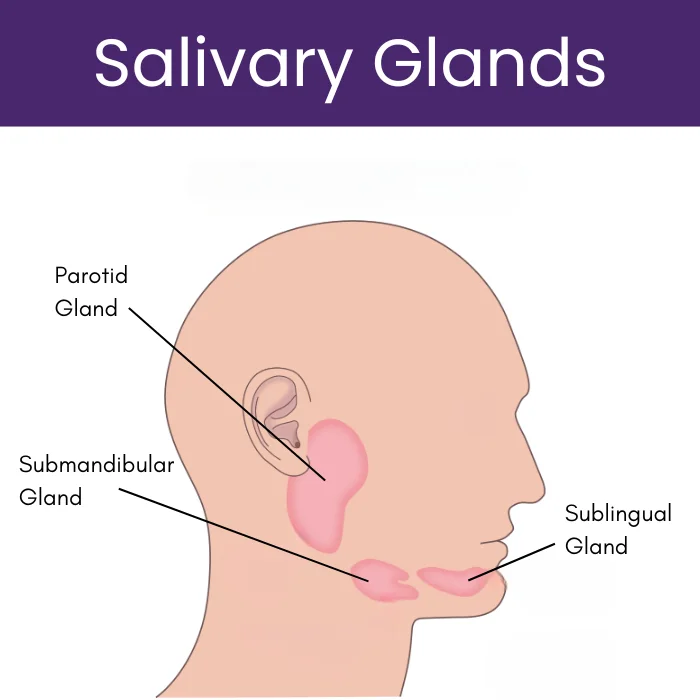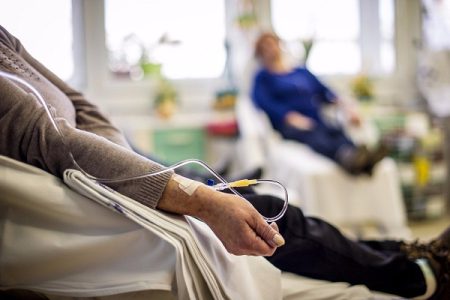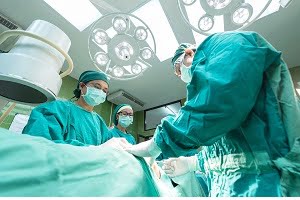Familial Predisposition for Salivary Gland Cancer
- Updated on: Jul 31, 2024
- 3 min Read
By
- Published on Sep 27, 2019


Salivary gland cancer
Salivary gland cancers account for 2–4% of all head and neck malignity. The diversity of subtypes and the relative rarity of salivary gland cancers pose difficulties in diagnostics, treatment, and prediction, and complicate studies evaluating potential predisposing factors or familial predisposition.
The salivary gland cancer may be associated with several probable risk factors, such as environmental factors and unhealthy lifestyles. Individuals may also show variable intrinsic abilities to detoxify carcinogens associated with environmental factors. Salivary gland tumors are usually associated with ionizing radiations. Malignant tumors prevail in patients with a history of radiotherapy, the most common subgroup of which is mucoepidermoid carcinoma (minor salivary gland malignancy is usually found in adults).
Familial predisposition: Do we know what causes salivary gland cancer?
Like any other cancer, salivary gland cancer is also caused by changes in the DNA inside of the cells. DNA is the chemical in each of our cells that makes up genes. DNA can increase or decrease the risk for developing certain diseases, such as some kinds of cancer.
Scientists don’t yet know all of the changes that occur in DNA to result in salivary gland cancer, but recent research has identified some gene changes that are often found in these types of cancers.
It is found that salivary gland cancer does not generally run in families. Therefore, familial disposition is not very prominent. Most of the DNA changes that cause this cancer are not usually inherited from a person’s parents. These changes are rather likely to occur during a person’s lifetime only. These changes could be random events that happen inside our body cells, without having an outside cause, and sometimes the cause might be quite evident such as body’s exposure to certain types of radiations or carcinogens (cancer-causing chemicals).
Genetic research on salivary gland cancer

According to a new research conducted by Arthur G. James Cancer Hospital and Richard J. Solove Research Institute, The Ohio State University Comprehensive Cancer Center, the risk of developing cancer in a salivary gland might be higher in people with BRCA1 or BRCA2 gene mutations. These genes are allied with breast cancer and ovarian cancer. Study claims that women who inherit mutations in either of the two genes have a higher risk of ovarian and breast cancer than women without the mutation. Men with these gene mutations are also at higher risk of male breast cancer.
The retrospective study suggests that salivary gland occurs 17 times more often in people with inherited mutations in the BRCA1 and BRCA2 genes than those in the general population. The researchers explored a large BRCA gene mutation from the database maintained by the James Clinical Cancer Genetics Program for salivary gland cancers. The researchers spotted three cases of salivary gland cancer due to mutations in either the BRCA1 or BRCA2 gene.
Theodoros Teknos, MD, Professor and Chair of Otolaryngology, Director of Head and Neck Oncologic Surgery, suggested “I would like physicians and dentists to realize that BRCA mutations carry risks for salivary gland cancer as well as breast cancer, and to remember that salivary glands include not only the paired parotid glands and submandibular glands but also innumerable minor salivary glands in the oral cavity,”. Ongoing research suggests that individuals who carry a BRCA mutation require awareness towards this possible alliance.
“The finding should be considered during genetic counseling of families with inherited BRCA1 or BRCA2 mutations,” said Rebecca Nagy, MS, a certified genetic counselor and Clinical Associate Professor of Human Cancer Genetics at the OSUCCC – James. Patients with salivary gland cancer and their family members may be referred for BRCA testing in future to detect early onset of the disease. Carriers of BRCA gene mutations may experience investigation for salivary gland cancers.
The new study revealed observations as discussed above, which may be considered alongside other similarities between salivary glands and breast tissues for further evaluation and research in the area. The research and analysis into the nature of a possible linkage between BRCA gene mutations and salivary gland cancer is required for a better understanding of the two cancers.












